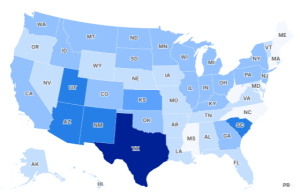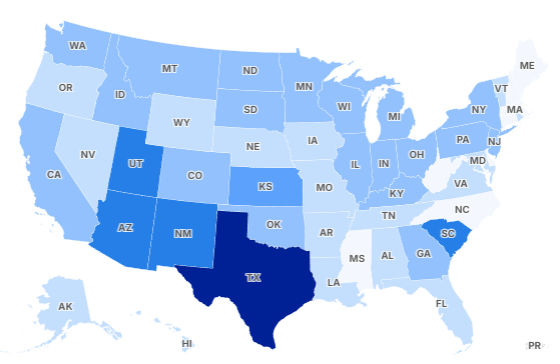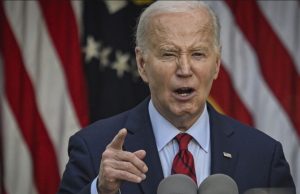A Quiet Shift in Florida’s Political Landscape
Florida has quietly stepped into the national redistricting debate. This fall, the state will convene a Select Committee on Congressional Redistricting, appointed by House Speaker Daniel Perez (R), aiming to review congressional boundaries mid-decade. This move breaks with decades of tradition that typically wait for a new census to redraw lines.
Why Now—and What’s at Stake
Speaker Perez frames the review as a chance to gain legal clarity. He references a recent state Supreme Court decision validating Florida’s current map and recommends early adjustment to avoid future legal uncertainty . Yet, critics say this is a calculated step toward political advantage. Nationally, GOP leaders, including former President Trump, have encouraged mid-decade redistricting in states like Texas and Ohio—and Florida now follows suit.
Rules, Restrictions, and Legal Questions
Interestingly, Perez imposed conditions for committee eligibility. Lawmakers expressing intent to favor a party or incumbent are barred from joining, citing constitutional restrictions under Florida’s Fair Districts Amendment . On the surface, this appears to uphold legal neutrality. But repeatedly overturning the “once-a-decade” tradition prompts concern over fairness.
Democrat Pushback and Legal Warnings
Democrats swiftly denounced the effort. Representative Anna Eskamani labeled it a dangerous precedent. Others see it as a “corruption, plain and simple” gambit to dilute Democratic power. Common Cause and other watchdog groups already say they’ll be ready to litigate if the process veers into partisan manipulation.
Backdrop: The 2025 Supreme Court Decision
Just weeks earlier, the Florida Supreme Court upheld the 2022 congressional map, a major win for Governor DeSantis. That map dismantled a majority-Black district in North Florida, drawing criticism from civil-rights groups even as the court cited federal law to justify the change. The ruling raised fresh questions about whether state constitutional protections on minority representation still hold weight.
National Context: A Redistricting Arms Race
Florida’s redistricting initiative isn’t unique. Across the U.S., both parties are playing an aggressive game of redistricting chess before the 2026 midterms. With Republicans holding a slim majority in the U.S. House, even small shifts in district lines could alter the balance of power. Meanwhile, Democrats in states like California and New York are exploring legal countermeasures to rewire representation in their favor .
Look Ahead
The committee will focus solely on congressional lines—not legislative maps—and is expected to be seated in September . Whether the process remains neutral or morphs into a partisan tool could reshape Florida’s elections—and perhaps set a precedent for redistricting nationwide.
Final Thought
In a decisive break from precedent, Florida’s mid-decade redistricting push signals a shift in both timing and tone of electoral strategy. Touted as a legal safeguard, it is also clearly part of a broader, aggressive GOP-led campaign. And while the phrase “legal clarity” may sound prudent, the timing and mechanics suggest ambition more than caution.

Emily Johnson is a critically acclaimed essayist and novelist known for her thought-provoking works centered on feminism, women’s rights, and modern relationships. Born and raised in Portland, Oregon, Emily grew up with a deep love of books, often spending her afternoons at her local library. She went on to study literature and gender studies at UCLA, where she became deeply involved in activism and began publishing essays in campus journals. Her debut essay collection, Voices Unbound, struck a chord with readers nationwide for its fearless exploration of gender dynamics, identity, and the challenges faced by women in contemporary society. Emily later transitioned into fiction, writing novels that balance compelling storytelling with social commentary. Her protagonists are often strong, multidimensional women navigating love, ambition, and the struggles of everyday life, making her a favorite among readers who crave authentic, relatable narratives. Critics praise her ability to merge personal intimacy with universal themes. Off the page, Emily is an advocate for women in publishing, leading workshops that encourage young female writers to embrace their voices. She lives in Seattle with her partner and two rescue cats, where she continues to write, teach, and inspire a new generation of storytellers.









